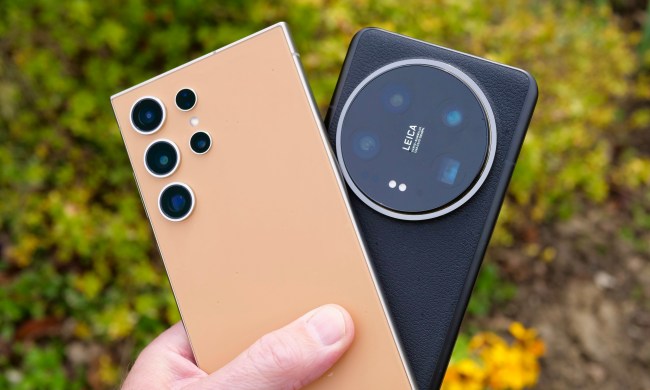LG may be working on a smartphone camera with 16 lenses, according to a newly filed patent that was spotted by LetsGoDigital.
LG is apparently not satisfied with the five-camera system found in its latest flagship the LG V40 ThinQ. The device features three rear and two front cameras, for the most versatile camera that LG has ever created in a smartphone.
Samsung, however, has already upped the ante with the 2018 Galaxy A9, which has four camera lenses that are stacked vertically at the back. Light, which made a 16-lens camera last year, is also working on a smartphone with up to nine lenses in its rear camera for improved low-light performance and various depth effects.
The patent filed by LG suggests that the company may already be working on, or at least thinking about, a smartphone camera with 16 lenses, which trumps all the aforementioned devices.
The 16 lenses, which will be arranged in a 4 x 4 matrix layout at the back of the smartphone, are intended to take multiple perspectives in a single shot, according to the patent. The technology will allow the capture of moving 3D pictures, and will also make it easier to replace objects in photos due to the additional data taken with each shot.
LG is also looking to place a mirror at the bottom of the 16 lenses, which will allow users to take selfies. This also suggests that the smartphone that will incorporate the new technology will skip the front camera, possibly in favor of an edge-to-edge display without a notch.
A smartphone with a 16-lens camera will likely enable several other features. However, as always with patent filings, there is no guarantee that LG will be able to launch a product that comes with this technology.
Incorporating 16 lenses in a smartphone’s rear camera is a huge jump from the four-lens camera of the new Samsung Galaxy A9, and presents various design and engineering challenges for LG to overcome.
Nevertheless, LG has a smartphone camera with 16 lenses on its drawing board. It just remains to be seen if the device maker will be able to transform the concept into reality.


